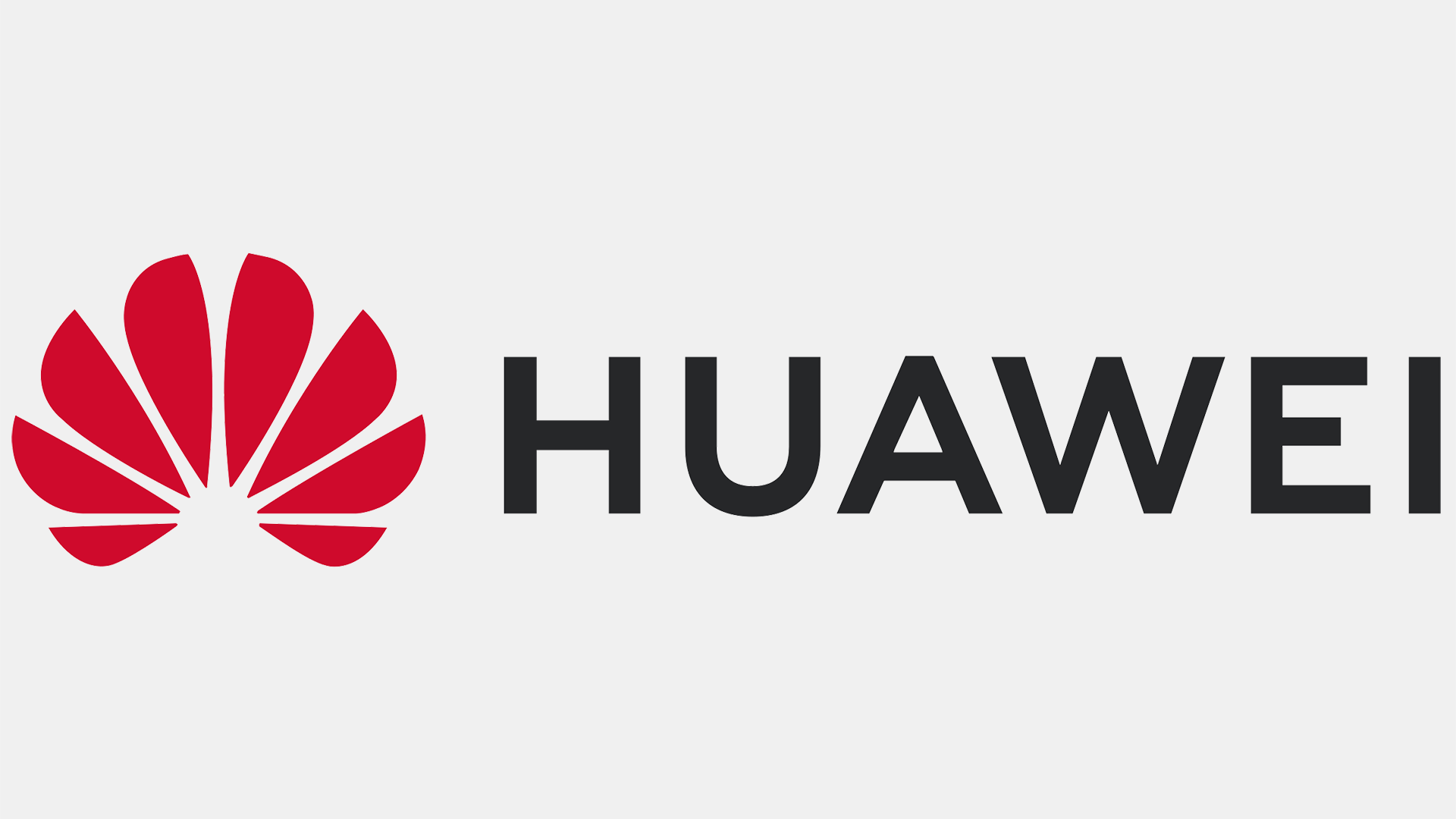
The U.S. government has withdrawn select export licenses from Intel and Qualcomm, effectively preventing them from supplying processors to Huawei — the latest volley in an ongoing chip war between the U.S. and China.
Intel and Qualcomm can no longer sell processors for laptops and smartphones to Huawei, according to a report from the Financial Times. The new ruling hits their businesses and leaves the Chinese tech giant — which has been on the U.S. trade restrictions list since 2019 — without some of the crucial elements needed for its products.
"We continuously assess how our controls can best protect our national security and foreign policy interests, taking into consideration a constantly changing threat environment and technological landscape," a spokesperson for the U.S. Department of Commerce told the FT. "As part of this process, as we have done in the past, we sometimes revoke export licenses."
The spokesperson declined to comment on specific export licenses and did not name the companies that owned the licenses, but the unofficial information suggests that the authorizations have been withdrawn from Intel and Qualcomm.
Although the U.S. government does not allow American companies to ship high-performance processors to Chinese entities, both Huawei and Inspur, two prominent Chinese server-makers, could buy Intel's Xeon processors for servers — albeit, not always under their own brands. The U.S. government even provided Intel with an export license to sell its Core Ultra 'Meteor Lake' CPUs for laptops to the blacklisted Huawei, which annoyed some U.S. lawmakers.
As a result of the Huawei export license revocation, Intel now expects its second quarter revenue to fall below the midpoint of its guidance ($12.5 billion to $13.5 billion) issued a couple of weeks back, according to a report from Bloomberg.
Republican lawmakers have recently intensified the call for President Biden to impose stricter measures against Huawei, citing the company's alleged role in aiding Beijing’s global cyber espionage (a claim Huawei denies). Revoking these licenses is an affirmation of the U.S. government's firm stance against potential Chinese threats.
Although the decision might not impact a large quantity of chip supplies for Intel and Huawei, it highlights the U.S. government's general intention to limit China's access to a wide range of advanced processors. Officials are also contemplating sanctions against six Chinese companies suspected of potentially supplying chips to Huawei, Bloomberg claims.







